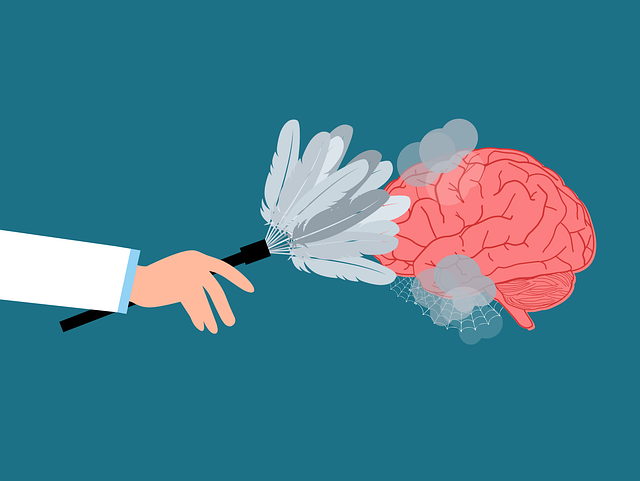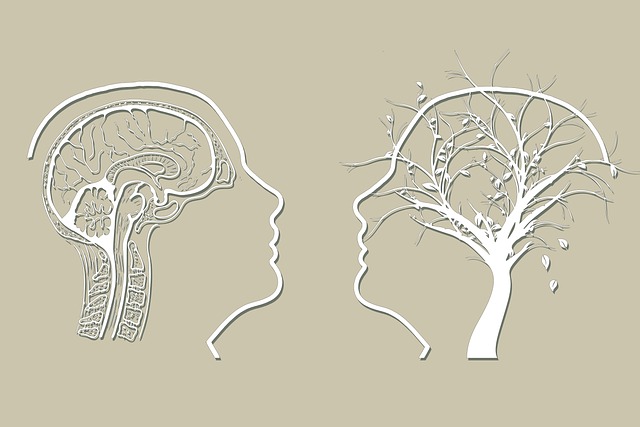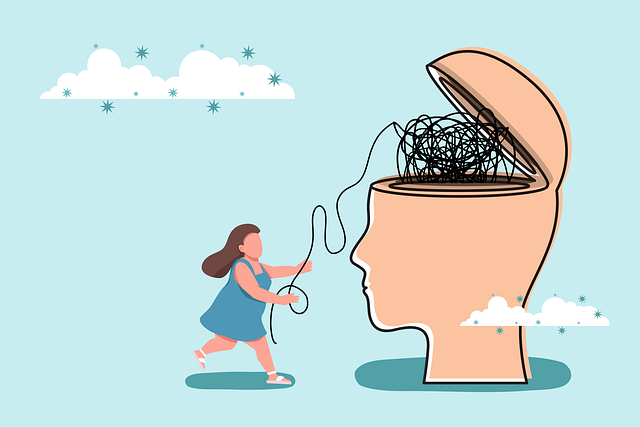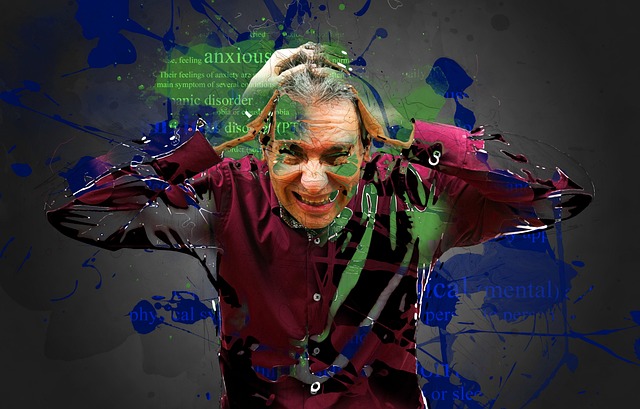Broomfield Mindfulness Therapy (BMT) offers a powerful approach to emotional well-being through its RFM (Recollection, Feeling, Meaning) therapy. This method helps individuals process past experiences, manage emotions, and gain insights, fostering resilience. BMT, rooted in mindfulness, equips people with coping strategies for stress and adversity while promoting present-moment awareness. Tailored exercises focus on self-compassion, emotional intelligence, and stress regulation through techniques like meditation and body scans. RFM exercises enhance well-being in various settings: schools, workplaces, and therapy. BMT measures success through self-reported improvements and behavioral changes, ensuring a personalized and effective approach to mental health.
“Resilience is a pivotal skill in navigating life’s challenges. This article explores the powerful framework of RFM (Recollection, Feeling, and Meaning) as a cornerstone for building emotional resilience. We delve into how Broomfield Mindfulness Therapy enhances this process, offering practical exercises to foster adaptability. From schools to workplaces, we discuss implementation strategies across diverse settings. Moreover, we highlight measurement techniques to assess progress, ensuring continuous improvement through RFM integration. Discover how these methods empower individuals to thrive.”
- Understanding RFM and its Significance in Resilience Building
- The Role of Broomfield Mindfulness Therapy in Enhancing Resilience
- Designing Effective Exercises for Emotional Resilience
- Implementing RFM in Different Settings: Schools, Workplaces, and Therapy Sessions
- Measuring Success and Continuous Improvement with RFM
Understanding RFM and its Significance in Resilience Building

Resilience is a key component of emotional well-being promotion techniques, and RFM (Recollection, Feeling, Meaning) therapy offers a unique approach to enhancing it. Developed by Broomfield Mindfulness Therapy, this method focuses on three distinct yet interconnected aspects of human experience: recollection, feeling, and meaning. By engaging in RFM exercises, individuals learn to navigate life’s challenges with greater ease.
The process encourages clients to reflect on past experiences, acknowledge their emotions associated with those memories, and derive meaningful insights from them. This practice fosters effective communication strategies and burnout prevention by providing a framework to process difficult events healthily. Through RFM, individuals can build resilience, enabling them to face future stressors with a heightened sense of self-awareness and emotional agility.
The Role of Broomfield Mindfulness Therapy in Enhancing Resilience

Broomfield Mindfulness Therapy plays a pivotal role in enhancing resilience through its focused approach to mental well-being. This therapeutic method, rooted in mindfulness practices, equips individuals with the tools to navigate life’s challenges with greater equanimity and emotional stability. By fostering present-moment awareness, Broomfield Mindfulness Therapy helps individuals disengage from negative thought patterns and reduce reactive behaviors, thereby strengthening their ability to cope with stress and adversity.
The effectiveness of this therapy extends beyond individual benefits, as it can be seamlessly integrated into Community Outreach Program Implementation initiatives. Through group sessions and tailored practices, resilience building exercises utilizing Broomfield Mindfulness Therapy can contribute to burnout prevention strategies for healthcare providers, who often face high-stress environments. A comprehensive Risk Assessment for Mental Health Professionals, coupled with these mindfulness techniques, ensures that frontline workers maintain emotional well-being while delivering quality care.
Designing Effective Exercises for Emotional Resilience

Designing effective exercises for emotional resilience is a critical aspect of RFM (Resilience, Flexibility, and Mindfulness) implementation. At Broomfield Mindfulness Therapy, we emphasize tailored approaches that cater to individual needs. Each exercise should aim to cultivate present-moment awareness, build coping mechanisms, and foster self-compassion. Techniques such as mindfulness meditation, deep breathing exercises, and body scans can help individuals develop emotional intelligence and better regulate their responses to stress.
Incorporating activities that promote self-care routine development for better mental health is paramount. Simple yet impactful practices like journaling, gratitude lists, and progressive muscle relaxation can significantly enhance one’s ability to navigate challenging situations. By integrating these exercises into daily routines, individuals gain a sense of control and resilience, thereby improving their overall well-being. Emotional regulation becomes more accessible when equipped with the right tools and mindset, enabling folks to embrace change and thrive in today’s dynamic world.
Implementing RFM in Different Settings: Schools, Workplaces, and Therapy Sessions

Implementing RFM (Resilience, Flexibility, and Mindfulness) exercises can significantly enhance well-being in various settings, including schools, workplaces, and therapy sessions. In educational institutions, RFM techniques can be incorporated into curricula to promote resilience among students, helping them cope with academic pressures and personal challenges. For instance, mindfulness practices can improve focus and reduce stress levels, as demonstrated by studies on Broomfield Mindfulness Therapy.
At the workplace, these exercises can foster a culture of mental health awareness and adaptability. Regular sessions focusing on mind-over-matter principles and communication strategies can enhance employee resilience, boost morale, and improve overall productivity. By integrating RFM into therapy sessions, professionals can equip individuals with powerful tools to navigate life’s obstacles, emphasizing the importance of mindfulness in stress management.
Measuring Success and Continuous Improvement with RFM

At Broomfield Mindfulness Therapy, we recognize that measuring success is not just about quantifying outcomes but also understanding the process and continuous improvement. When implementing Resilience-focused Mindfulness (RFM) exercises, tracking progress is essential to ensure clients derive maximum benefit from the program. We employ various metrics to assess success, including self-reported improvements in stress management and mental health awareness, as well as observable changes in client behavior during sessions.
Through regular feedback mechanisms and reflective practices, we gain valuable insights into what works best for each individual. This data-driven approach allows us to tailor our methods, ensuring that RFM exercises remain effective and relevant over time. By fostering a culture of continuous improvement, Broomfield Mindfulness Therapy aims to enhance not only the confidence boosting aspects of our programs but also to contribute to broader mental health awareness and well-being.
The implementation of RFM (Resilience, Flexibility, and Mastery) through exercises like those derived from Broomfield Mindfulness Therapy offers a comprehensive approach to building emotional resilience. By integrating these practices in schools, workplaces, and therapy sessions, individuals can develop the tools to navigate life’s challenges more effectively. Measuring success through continuous improvement ensures that RFM programs remain dynamic and tailored to evolving needs, fostering a resilient mindset for all.














